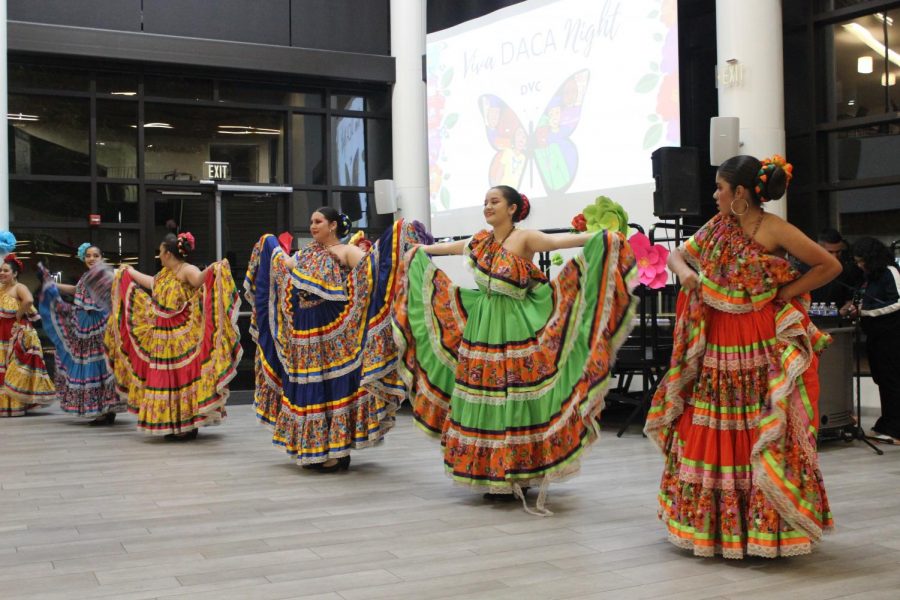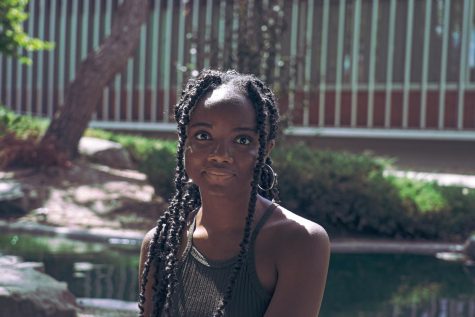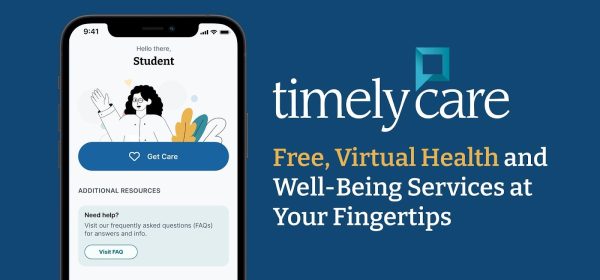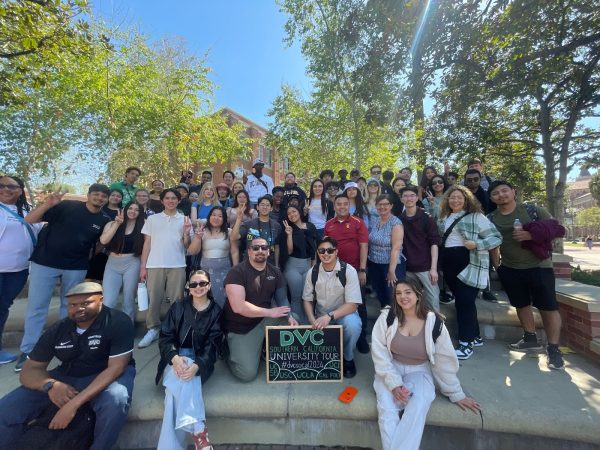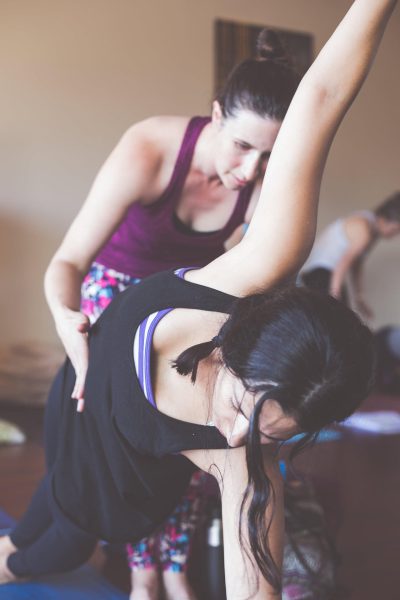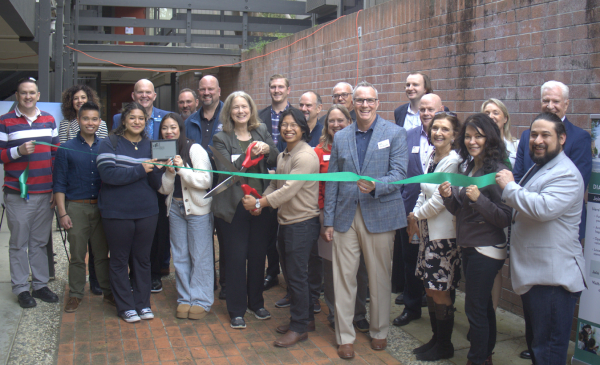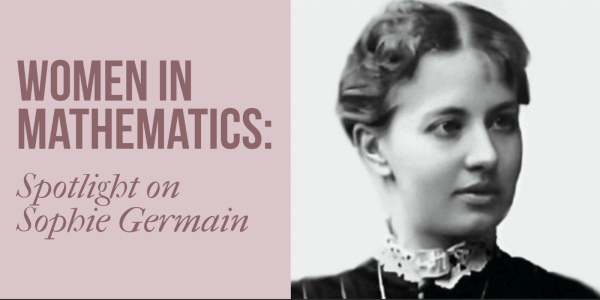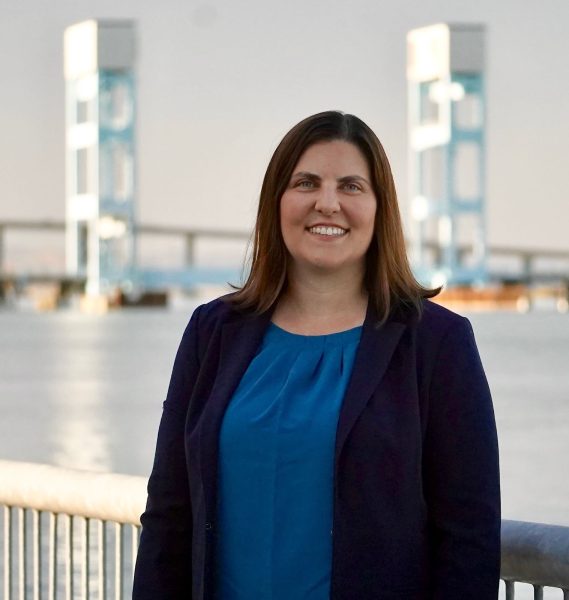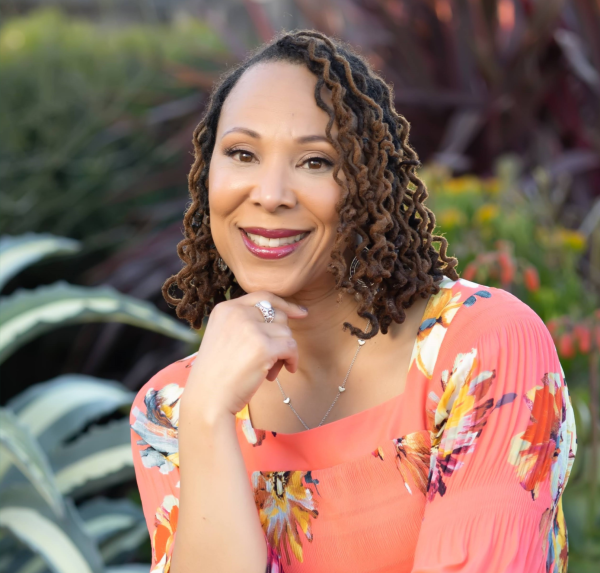Viva DACA: A night of solidarity
December 9, 2019
Rich notes of salsa music poured from the halls of the Food Court Bistro on a cool November night. The room decorated with butterfly ornaments of various colors, yellow, red, purple and blue, a live band led by Bolivian singer and Latin Grammy nominee Gabriel Navia performed various popular numbers such as the Buena Vista Social Club’s “Chan Chan.” Diablo Valley College students and faculty alongside their families filled the dance floor laughing as they jived to the sonorous music.
It was Viva DACA night, an evening of solidarity and support for students at DVC who have benefitted from the Deferred Action for Childhood Arrivals, an Obama-era program that grants protection from deportation and the opportunity to work to individuals brought to the United States as children. Hosted one day shy of the 25th anniversary of Proposition 187 – the Californian legislation backed by then-Governor Pete Wilson that restricted healthcare, education and other rights and services for illegal immigrants in California – Viva DACA was anything but your regular shindig. It was instead a goal oriented, a statement of the sort, that aimed to celebrate the indigenous roots of DVC’s undocumented community and to firmly establish their presence on the campus as a force – one that is here to stay.
“We’re trying to create visibility for the undocumented community,” said Hernan Soto, a member of the Latinx Student Alliance, which represents members of the Latinx community on the campus, and a co-organizer of Viva DACA, which took place on Nov. 7. “We are also trying to raise awareness about DACA.”
Raising awareness was, in fact, central to the event’s creation. In his opening remarks, Soto told the audience about his run-in with a student in the 2019 spring semester who asked him for information about DACA renewals, which were due the prior year..
“Unfortunately, I couldn’t give him any answers about where he could renew his DACA because we don’t have a DREAM center (at) DVC,” Soto said. The encounter inspired him to reach out to Kristina Gomez, a member of the Dreamers Alliance, an inclusive network of support DVC DREAMers. Soto and Gomez initiated a partnership, which hasn’t yet led to the creation of a DREAM center at DVC – but helped birth the idea of Viva DACA, seen as a considerable first step.
Putting DACA on the map
The first-time event in November aimed to achieve several goals. Not only did it address a general lack of awareness about DACA among students on campus but more directly, it raised necessary funds to help DVC DACA beneficiaries renew their applications. Established in 2012 by executive order under the Obama Administration, DACA has served as the official the umbrella policy under which individuals brought to the United States as children can receive renewable two-year periods of deferred action from deportation and become eligible for work permits. To renew their DACA requests, applicants are required to make up-front biannual payments of $495. Failure to do so results in the revocation of their work permits and opens them to the risk of deportation.
But for many, it’s a steep price they often can’t meet.
“We understand that not everyone can pay the $495 off the bat,” Soto said, “so that is one of the reasons why we created this event: to help students raise money.” A DACA beneficiary himself, Soto ran into his own problems with the renewal process. Two years ago, the fee increased from $465 to $495, but he was unaware of the change and paid the lower, previous bill.
“They sent the money back and rejected me because I didn’t pay the full amount,” he said. Soto knew he was not alone in facing these kinds of confusions and financial
difficulties, which is why it became important for him to create an event that could raise funds and help alleviate some of the challenges for others. An important next step, he said, is to create what doesn’t yet exist at DVC: a DREAM center “tailored to (the needs of) undocumented students.”
Making a space for DREAMers
Soto, along with Gomez of the Dreamers Alliance, envisions a campus center that will serve as a hub providing legal advice and assistance to DREAMers – which refers to young beneficiaries of the DREAM Act – with the renewal of their DACA applications.
A DREAM center is seen increasingly as a vital resource on campus, because “immigrant law is constantly changing.” Soto said. “It’s a broken system and how can a broken system help students if [it] is broken in itself?”
A 2016 resolution passed by the Contra Costa Community College District seeks to remedy this absence. The resolution supports civil liberties for all students and campus communities, and encourages events like Viva DACA to come into being. Rosa Armendariz, Dean of Student Equity and Engagement, announced at the event that both DVC and Los Medanos College were among the schools selected across California to offer legal services to undocumented students and DACA recipients.
“I’m hoping that (the resolution) turns into a DREAM center of sorts so that we can offer support and programs to all of our students that need that,” Armendariz said.
As part of the Viva DACA fundraising strategy, organizers created a silent auction using donations from the DVC arts department. The auction boasted ceramic works including vases, butterflies and alebrijes, which are colorful Mexican folk art sculptures depicting fantastical creatures. Bidding on each item began at a minimum of $58 and continued to climb as the evening progressed, with top pieces reaching an average of $190.
But apart from fundraising, organizers remained focused on an even more essential objective: fostering community. The goal, said Gomez, was “to build community and to show students that they have a support system and that we’re from all over the campus and not just a part of campus.”
The event program featured performances by the Pittsburg High School Ballet Folklorico group, a presentation by nationally acclaimed poet and public speaker Yosimar Reyes, a panel forum including DACA beneficiaries at DVC – and of course rhythmic salsa music performed by renowned musician Gabriel Navia.
Challenging the administration’s anti-DACA narrative
The event name, Viva DACA, was deliberately chosen by the organizers due to its loaded message: the word “viva” translates to “live,” but used in this context, it also means forever, sending a clear message that the DACA program, as well its recipients, the Dreamers, are here to stay. They considered it a timely statement given (considering) the recent assault on DACA launched by the Trump Administration. While running for president in 2015, Trump promised to terminate DACA upon his election. Staying true to his word, the administration announced on Sept. 5, 2017, through former Attorney General Jeff Sessions, that it would begin phasing out the Deferred Action for Childhood Arrivals program, which protected nearly 800,000 immigrants brought to the U.S. as children.
The announcement sent ripples of anger through the nationwide undocumented youth community, who believe they are paying an unfair price for their presence – not to mention their contributions – on U.S. soil. As Soto put it, responding to the president’s threats to DACA: “Give us a break!”
“It’s not our fault that we are here. We are literally Americans. We grew up with this culture.”
DACA beneficiaries, who spoke on the panel later in the event, voiced their fears of losing employment advantages that the program currently affords them. Maria Bojorquez, a DVC student who hopes to study Immigration law at University of California, Los Angeles, fears that her years of hard work in the U.S. could be in vain.
“I’m trying to be an immigration attorney,” said Bojorquez. “The hard part is that what if I finish UC and I want to get the actual big girl job, and DACA is not available? I won’t be able to (get the job), and knowing my years of schooling would go to waste, that’s what scares me.”
Since its inception nearly a decade ago, DACA has provided tens of thousands of young people the opportunity to work. According to the panelists, the policy had significantly relieved their financial struggles and enabled them to assist their families.
“I was really fortunate to be able to work through DACA,” Nigell Osario said. “My parents and siblings actually had a terrible time looking for work because they were undocumented. They had to go through certain loopholes that I guess weren’t legal. Luckily for me, DACA gave me the opportunity to work and go to school.”
Before the program’s creation, the option for legal employment as well as the procurement of a social security number was virtually non-existent, forcing many people to take up what are often referred to as under-the-table jobs. Daniela Morando, another panelist, recounted the many obstacles to employment that she faced due to her undocumented status.
“I remember when I was 14 and I went to see my school counselor. My parents were in a tough financial situation and I was like, ‘I need to get a job, I need to work!’” she said.
But Morando was disappointed to learn that because of her undocumented status, she was ineligible for employment. The experience forced her to reckon with the unfair realities of undocumented life, something she had been shielded from during most of her childhood.
“I’d always known I was undocumented but I didn’t really know what that entailed until (the counselor) told me,” Morando said. “It took me a long time to process that because as a 14-year-old, I was still pretty naive and idealistic. I thought, there’s no way I can be denied this opportunity to work and help provide for my family.”
Demanding a solution
Given the precarious state of the program, the panelists urged their allies and citizens everywhere to educate themselves about current immigration policies, the harsh plans being devised by the Trump Administration – and most of all, to recognize the presence of undocumented persons in their communities.
“Know that we’re here,” Soto said. “Just know that we exist and we’re just trying to make the best out of our situation.”
The panelists also mentioned the idea of “ally responsibility” suggesting that allies of the community have a duty to help their undocumented neighbors. By voting, for example, citizens and residents of the U.S. can respond to their “duty” and exercise the political rights and privileges associated with their legal status to help those in need.
“We can’t vote so when it’s time to vote, you guys have to vote because you have to be the voices for us,” Bojorquez said.
The prospect of DACA dissolving, and thousands of people returning to the shadows where they are politically powerless, has created a state of panic for DACA beneficiaries who, unlike other members of the undocumented community, don’t have to live in a constant fear of deportation.
The panelists all expressed the fortunate sense of ease they feel as DACA recipients who aren’t forced in their daily lives with the burden of looming deportation.
“It has created a sense of stability for me,” Soto said. “I’m not too worried about hearing ‘la migra is in town, don’t go outside.’ I get that sense of calmness, knowing that I don’t have to worry.”
Maintaining hope in the face of challenges
Nevertheless, Soto pointed out that he doesn’t feel entirely free from worry, as he still has to think of his family and friends who don’t enjoy his same protections. They, unlike him, remain living in the shadows, which amounts to a constant state of fear and sometimes hopelessness – one that is difficult to forget even after one has been freed from it. For Bojorquez, it is an all-too-vivid memory.
“Before DACA was even a thing, I remember I would always tell my mom, ‘What’s the point of going to school? When I graduate I can’t work. What’s the point of even trying? I’m undocumented: there’s so many things stacked up for me to fail,’” she said. Bojorquez said she sometimes didn’t see the need to pursue higher education if she might end up working in a factory or field.
Her story, she added, is the story of many undocumented youth. “There’s a very big sense of hopelessness when it comes to being undocumented.”
This sense of despair often associated with the undocumented experience is one that acclaimed poet and public speaker Yosimar Reyes challenges in his work. As a writer, Reyes said he refuses to use his work to solicit empathy for the undocumented community; he doesn’t seek to exploit immigrants’ stories in order to humanize them in the eyes of prejudiced individuals. Instead, he said, he prefers to celebrate the undocumented experience in a way that brings both laughter and hope to his community.
“Life is more sacred than legality,” Reyes said, and many things, such as love and joy, supersede citizenship papers.
“More than the legalities of everything is, How do we maintain hope in our community?” he said. “How do we continue to build joy and allow undocumented people to laugh and dance and fall in love?”
His answer is to help people learn to laugh a bit more at themselves and their situations – an approach he said he takes in his work as an artist more broadly. And even as Reyes spoke on that November night, making frequent jabs at some of the less enviable aspects of undocumented life, some of the gloom in the room seemed to lift, giving way to hope.





































































